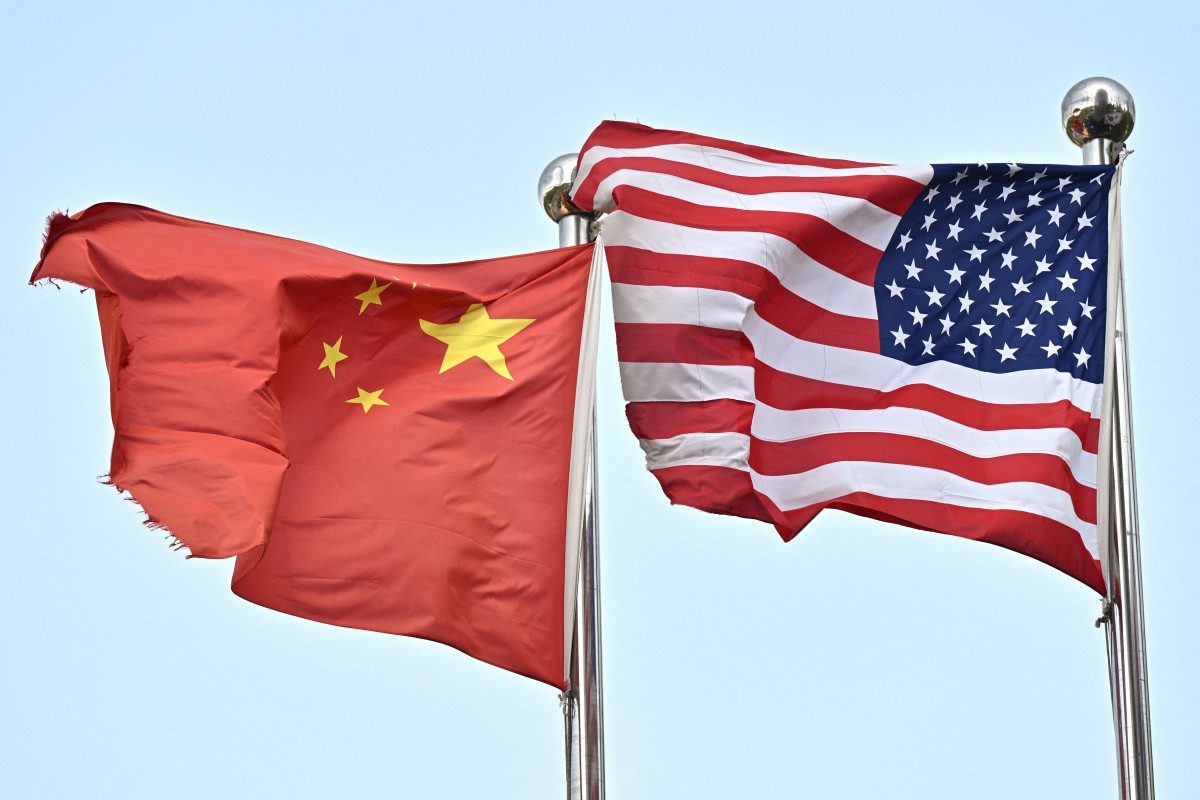China has rebuked the United States following President Donald Trump’s latest comments urging Beijing to negotiate an end to their ongoing trade war, which has seen tariff rates soar on both sides.
“If the US truly wants to resolve the issue through dialogue and negotiation, it should stop exerting extreme pressure, stop threatening and blackmailing, and engage in talks with China based on equality, respect, and mutual benefit,” said Chinese Foreign Ministry spokesperson Lin Jian on Wednesday.
Lin emphasized China’s long-standing stance, stating, “There is no winner in a tariff war or a trade war… China does not want to fight, but it is not afraid to fight.”
Trump recently imposed tariffs of up to 145 percent on many Chinese imports, with White House data suggesting cumulative rates on certain goods have now hit 245 percent. In response, China slapped retaliatory duties as high as 125 percent on U.S. products.
China’s Ministry of Commerce accused the U.S. of having “instrumentalised and weaponised tariffs to an utterly irrational level,” adding that Beijing would “ignore the US’s utterly meaningless tariff numbers game.”
Despite the tension, the Trump administration offered temporary reprieves for tech items like smartphones and laptops. Still, the White House insisted, “The ball is in China’s court. China needs to make a deal with us. We don’t have to make a deal with them,” according to a statement read by Press Secretary Karoline Leavitt.
Meanwhile, China reported stronger-than-expected economic growth of 5.4 percent in Q1, driven by exporters rushing shipments ahead of U.S. tariffs. Analysts warn, however, that the full impact of April’s escalations will likely emerge in Q2.
Elsewhere, Japan’s Honda announced it would shift some production to the U.S., while South Korea’s finance minister aims to use upcoming talks with U.S. officials to delay further tariffs and reduce uncertainty for Korean businesses.
Adding to the pressure, Trump has ordered a probe that could lead to new tariffs on critical minerals and tech products, and Nvidia warned of a $5.5 billion hit due to U.S. chip restrictions in China.









